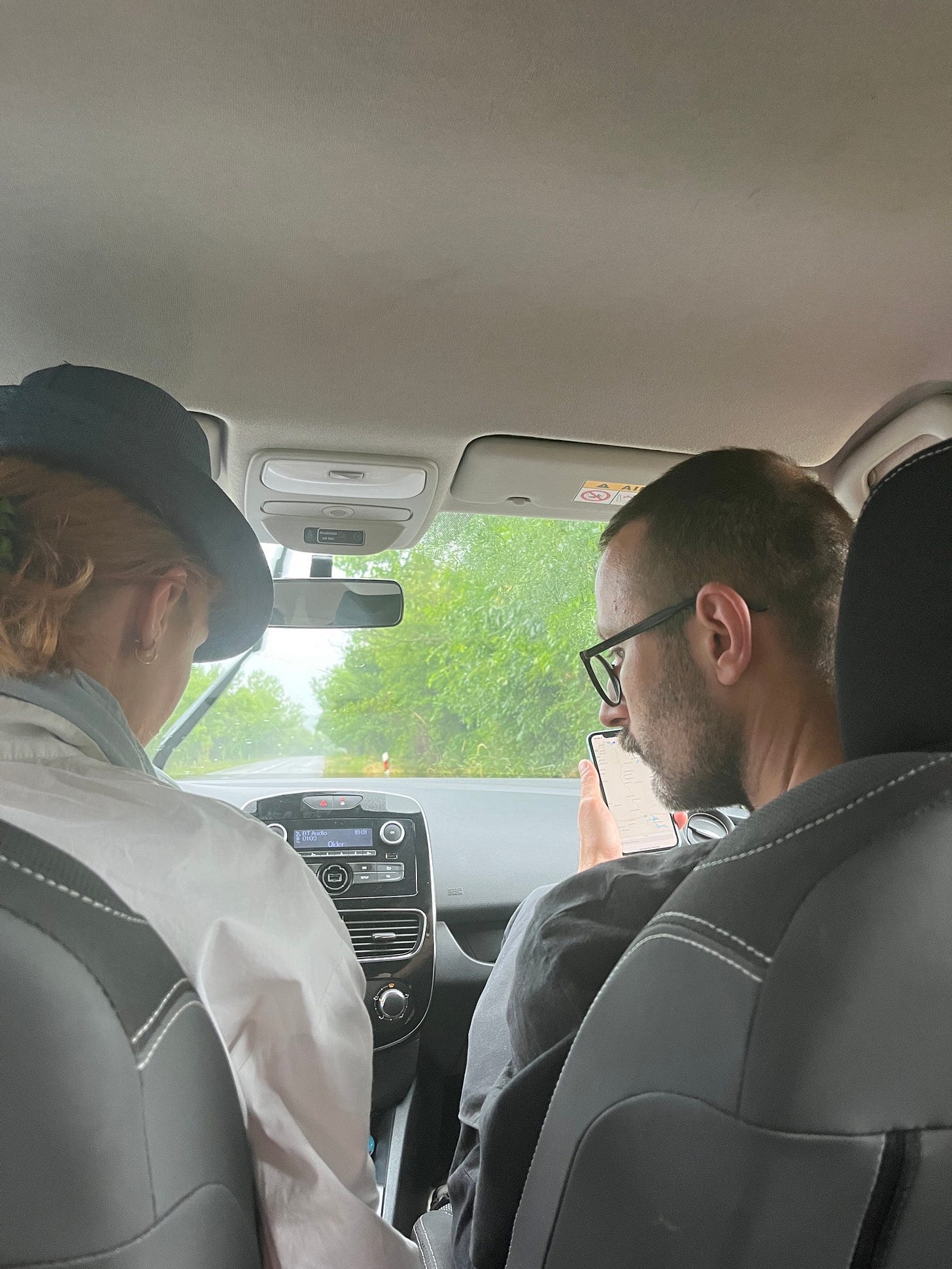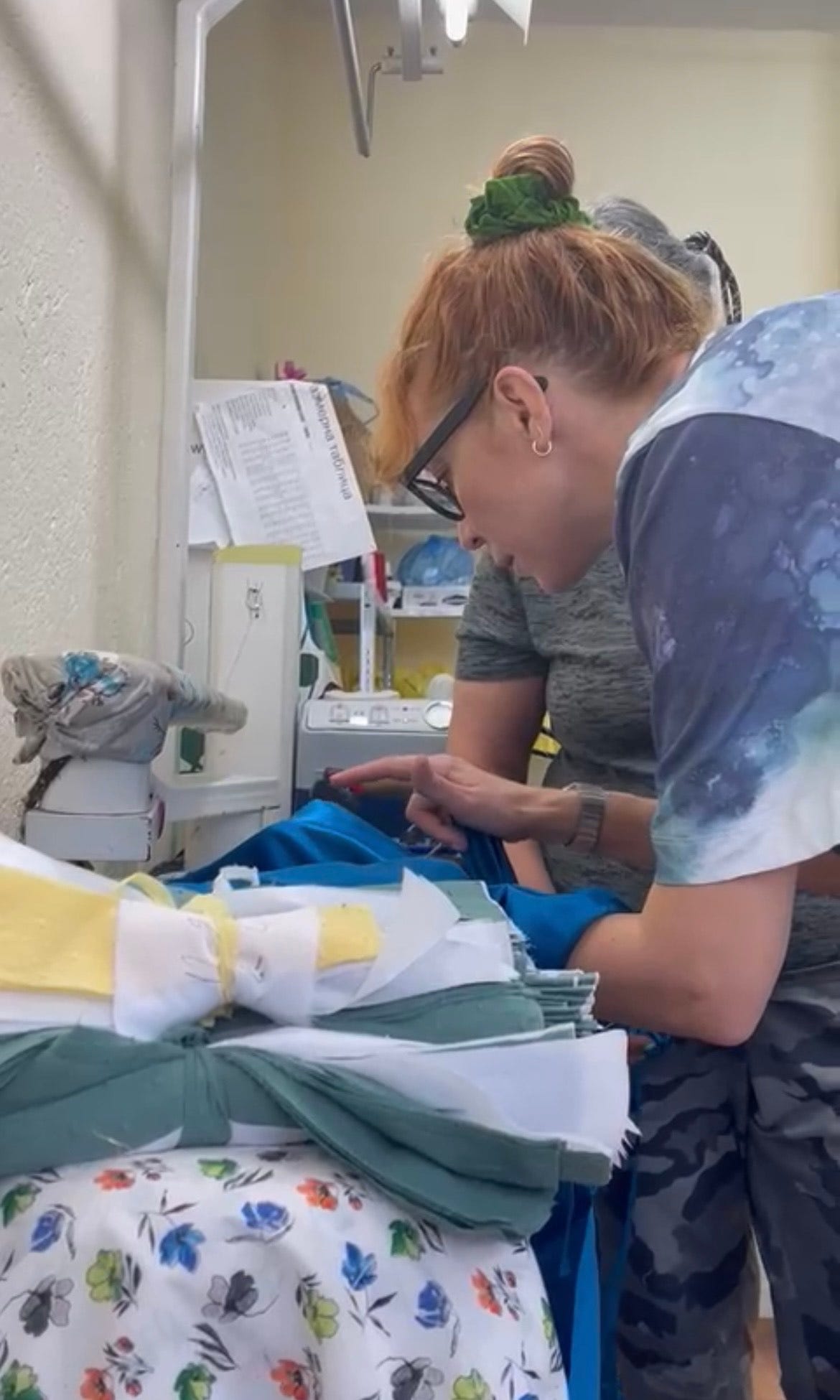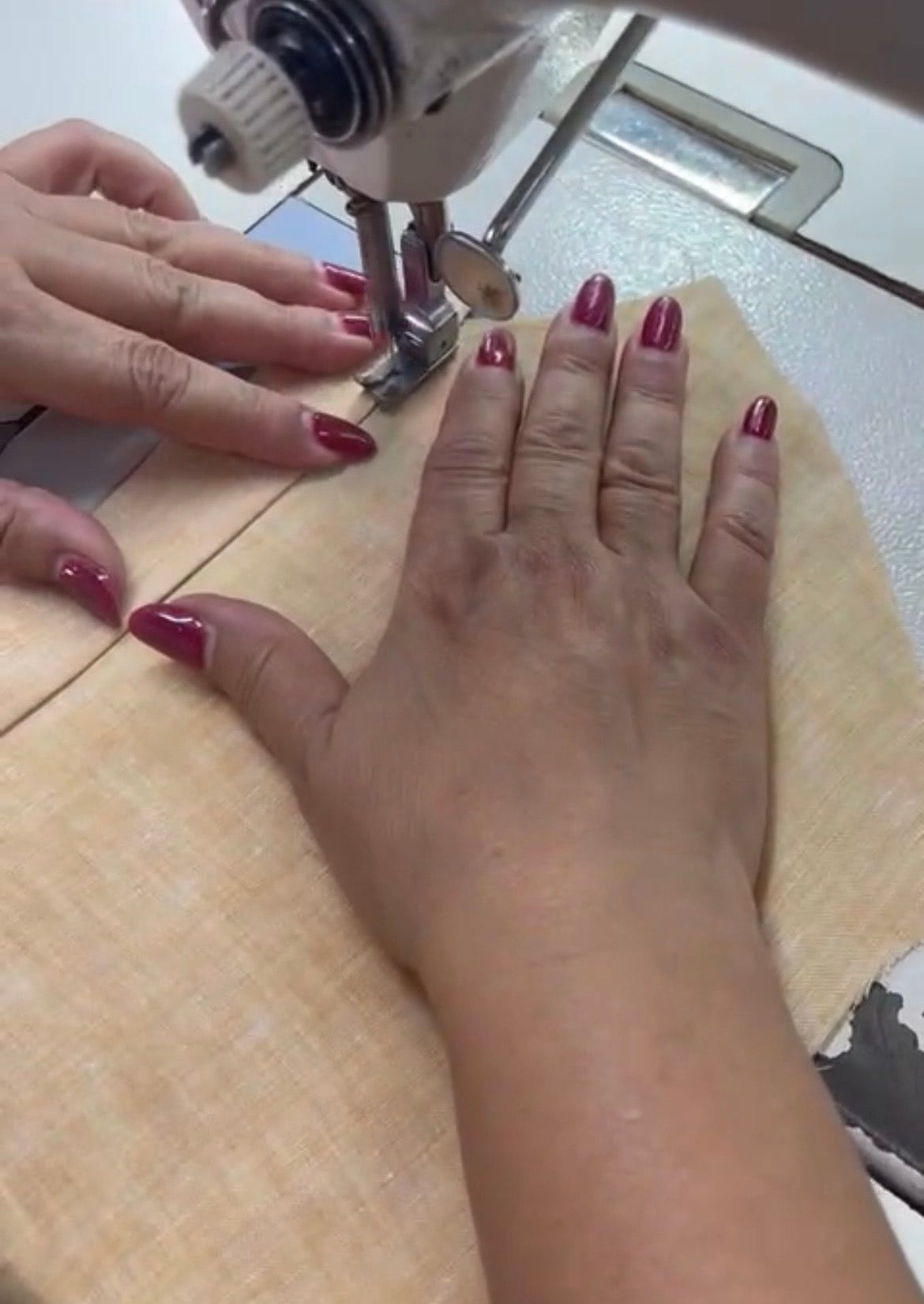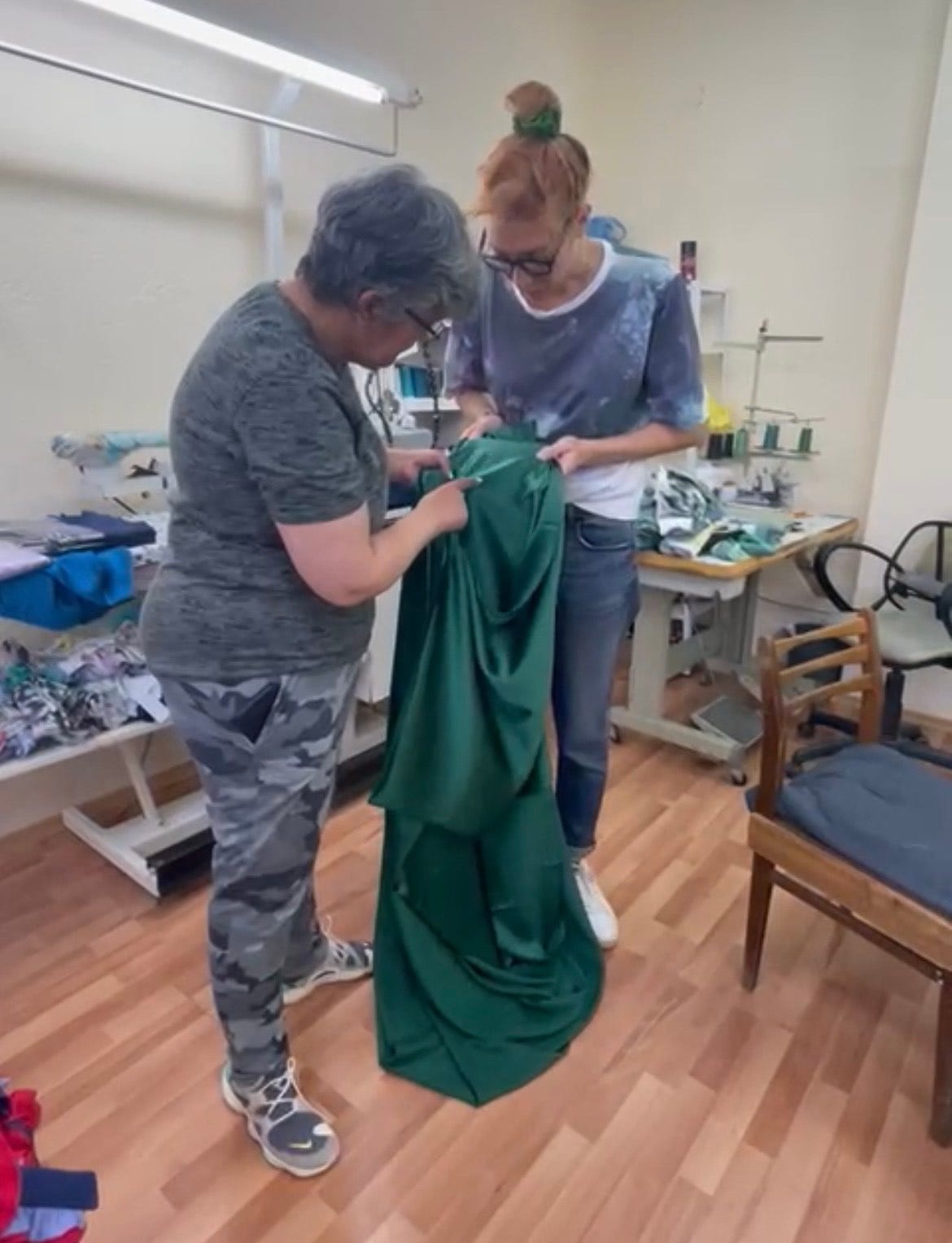Shein, Factory Visits, and Why Need Actually Need More of Them
a Deep Dive into my Bulgarian Factory Visits
The Shein influencer trip got me thinking about how I actually think more people on the internet in the U.S. and Western Europe need to see factories. More influencers actually need to be in factories. It’s a problem that no one can identify a cutting machine and a problem that everyone thinks robots will replace human hands on the sewing machine. Spoiler alert: AI is more likely to take your writing job than we are to robotize a sewing machine.
The problem is that influencers need to see ethical and fully functioning factories not sampling factories for Shein. So this is my write up from the last factory visit I went on (hopefully there will be many more).
Eastern Europe has long been the clothing manufacturing hub of Europe. The region has 1.7 million garment makers working in conditions we’ve become accustom to hearing from fast fashion factories: low wages, forced overtime, exposure to chemicals, abusive treatment.
In Bulgaria this used to be the norm as well. However, rising costs and the fact that no one really wants to work in such unappealing conditions means that the garment industry overtime has shrunk and moved away from fast fashion. In 2007, the garment making and apparel industry employed 148 thousand people, in 2023 the industry has shrunk to 82,462 workers. However, as the fast fashion industry is exiting it is leaving room for a new model of equitable production to emerge.
Bulgaria is a model for a more sustainable fashion industry it just needs more work.
In the summer of 2022, I travelled with Lora Gene, a brand owner and intermediary and Nikolay Pachev a former buyer and professor at the New Bulgarian University to learn more about the Bulgarian garment making industry. We went on the road to see the factories Lora works with and to meet her garment makers. It’s taken her 10 years to build this network. Intermediaries are a key to the garment making process who are often maligned as a part of the race to the bottom process of fast fashion. But they are often the first line of defence against exploitation and are key parts of having a smooth process.
Lora creates system that is one of referrals, trust, and protection for her factories. Brands pay upfront which is the opposite to how fast fashion contracts work. She is fiercely protective of her people and works to dispel the notion that garment work is unskilled labour. She can sniff out when a client doesn’t actually have respect for the process of garment making. Clients will ask for payment to be delayed and go to Bulgaria and come back asking for lower prices. If she can get the client to agree to pay fairly no matter how difficult they are to deal with she takes them on as their orders mean food, housing, and debt payments for her people.
We go first to Elena in central Sofia. She is working mostly for scandi brands now. In her ideal world she would just work for a few (the ones she likes) but she can’t do that because it’s too risky. If one brand falls through they can’t risk losing 60% of their work. At Elena’s the women are middle age and are dressed stylishly in summer clothes. As the cost of living has gone up Elena’s regularly has to tell brands there is no point for her to take their orders at the price they want to pay.
What no one will tell you about factory visits is they are kind of awkward. You are in someone’s office.
At Georgi’s the factory is like a corporate office with machines replacing cubicles. There is a kitchen space and a break room. We sit in Georgi’s office for a while looking at patterns and samples meeting with the garment technologist to talk about the nuances of how a pattern will be made. She’s been doing this for at least twenty years and started out making military uniforms which is why she’s so exceptionally detailed. A garment technologist has to be incredibly detailed. They are the engineer behind your clothes. Often a garment technologist will have a specialty. Being good at dresses doesn’t guarantee you are good at making pants.
I’m shown the machines. There is a machine for jersey, a standard industrial sewing machine, one for buttons. As we walk, we see garment technologist moving between machines checking in with the seamstresses and answering questions about construction. At this factory producing for some of the biggest brands in the world there is no robot or automated process. Fabric is manipulated by the hand. It is the hand not the machine that guides every stitch.
Georgi shows me his ongoing renovations. He’s building a new cutting room and new toilets. Renovations are taking longer than expected because to afford the renovations and feed his people he needs orders. He emphasizes that no one wants to work for fast fashion and when orders from smaller brands that pay better come in those are taken first. Bulgaria used to be a fast fashion hub but in the last 10 years the Bulgarian garment industry has shifted. Now most orders aren’t from fast fashion companies and if you are seeing the made in Bulgaria tag on a fast fashion shirt it is because it has come from a factory who can’t fulfil the entire order and has sent it over. He is worried about being able to pay his people. Many of these women are in a constant cycle of debt to be able to afford their bills.
That worry people paying bills about supporting people extends to other factories and workshops. Ivanka’s workshop is bright and happy. Shes wearing bright turquoise nail polish and likes metal. The sounds of the Ukrainian Eurovision winners, Backstreet Boys, one direction, dua lipa and Elton John. It’s a place that makes you want to dance. She also can’t find seamstresses. No one wants to do the work anymore she says because who wants to make that little? There is a constant worry and discussion over whether it is even worth it financially to continue. She needs two new machines but it isn’t financially possible right now. There aren't enough orders to finance the new machines. Really there need to be more ethical brands.
When you visit factories and actually talk to the people working in them and running them no one would paint a picture of this is all going swimmingly and the brands we work for are pure gold. But consumer detachment from factories and the people in professional people means that these nuances in factories get lost.
*Names have been changed to protect anonymity*












